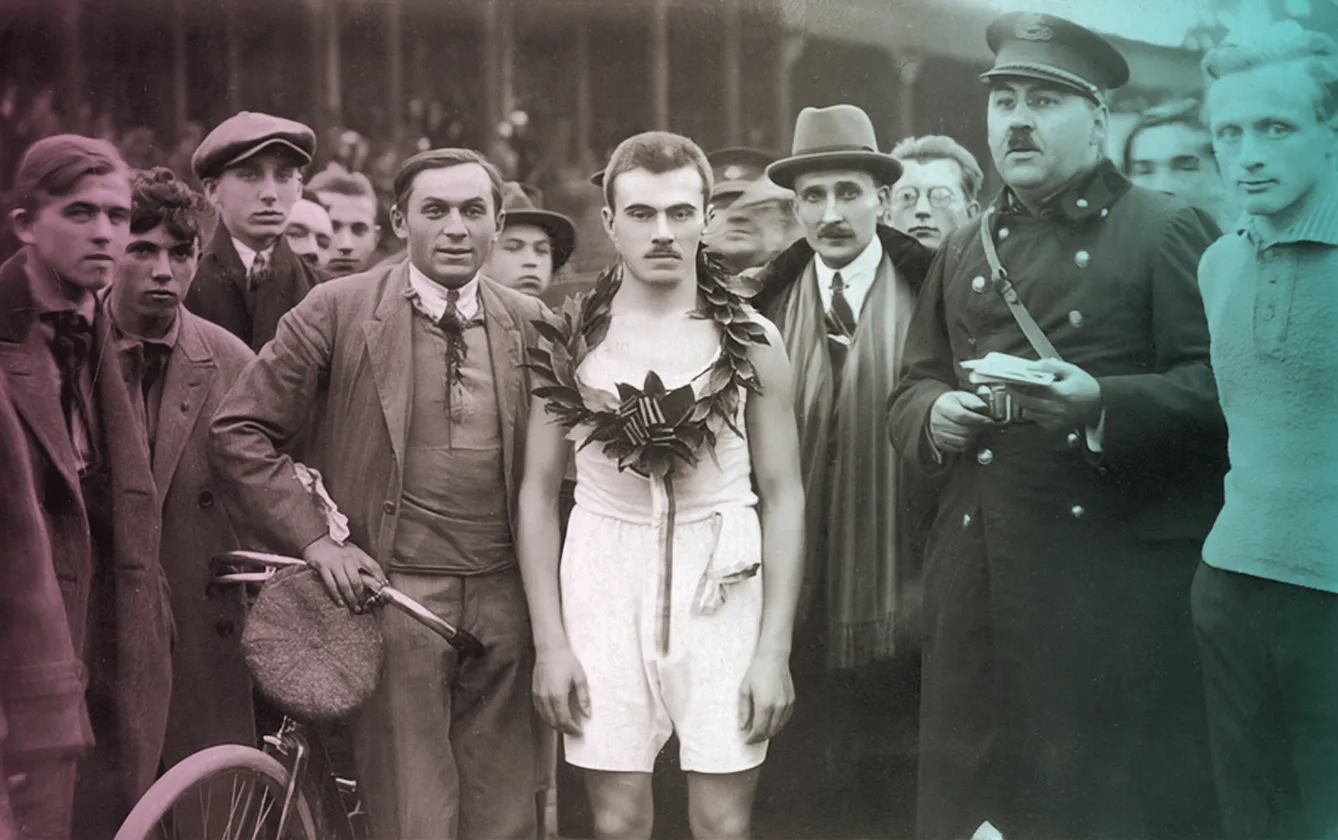The annual Peace Marathon in Košice currently consists of a series of races, including a full-length marathon in Eastern Slovakia’s biggest city. The 42.195 km (26.2 miles) marathon is the most famous of all the runs and dates back to 1924, making it the oldest in Europe. It has been organized since 1924 without interruption, and in fact, is claimed to be the fourth oldest in the world after the Comrades Marathon in South Africa, the Yonkers Marathon in New York, and the Boston Marathon.
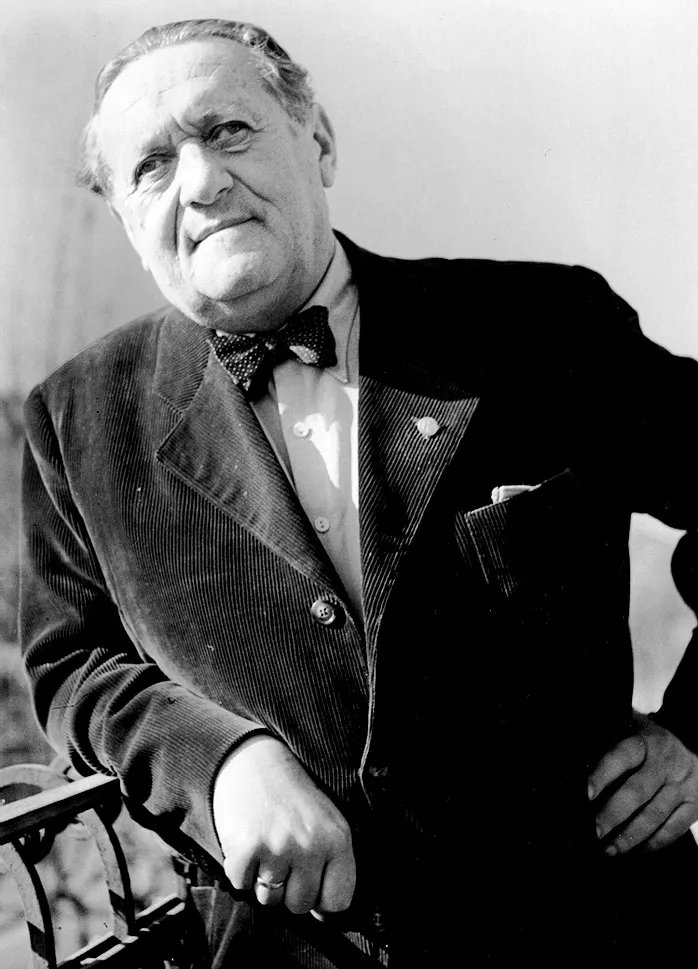
A storied history
The legendary origin story of the marathon is based in Ancient Greece and involves the story of Peidippides, who ran to announce victory in the aftermath of the Battle of Marathon in 490 BC. The idea to organize the marathon in Košice came from Czechoslovakian sportsman and journalist Vojtech Braun Bukovský, who witnessed the run during the summer Olympics. The original date was set on 28 October 1924 to commemorate the 6th anniversary of Czechoslovak independence.
Only eight runners contested in the first run. The winner was 25-year-old Karol Hála, who finished in 3:01.35. Interestingly, Hála tried to repeat the success eight more times but had no luck as competitiveness grew. Looking back at significant milestones in the race, an outstanding finish occurred in 1931 when a 20-year-old Argentinian runner, Juna Carlos Zabala, finished in 2:33.19. The time was shortened by more than 10 minutes in 1956 when Sweden’s Thomas Nillson finished in 2:22.06. The current men’s record sits at 2:07.01, set in 2012 by Kenyan runner Lawrence Kimwetich Kimaiyo.
The race opened to women in 1980, with the record most recently broken last year by Kenyan runner Margaret Agai, who finished in 2:24:04. Kenyan runners have dominated the scoreboard for the last decade, with Hungarians and Czecho-Slovaks being the other two nations most successful in competing in the run’s nearly 100-year history.
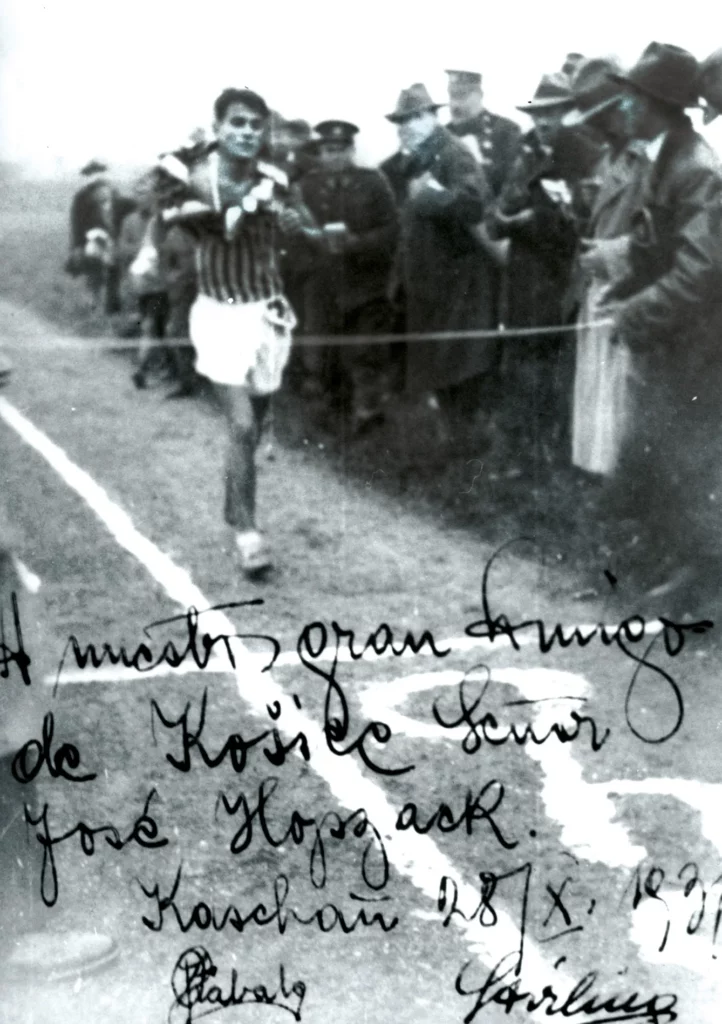
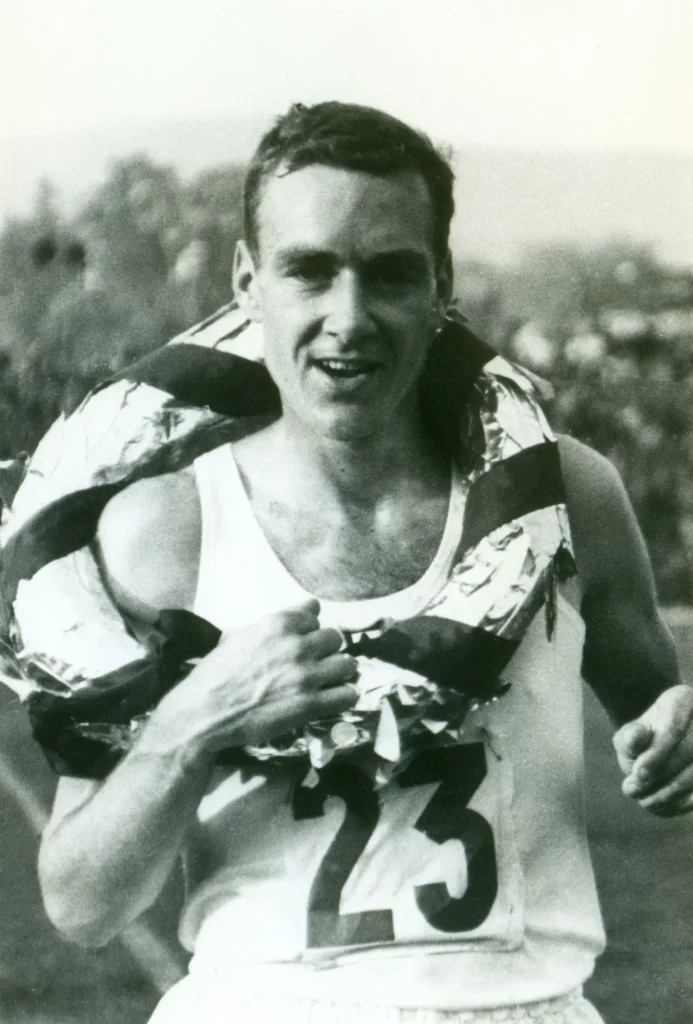
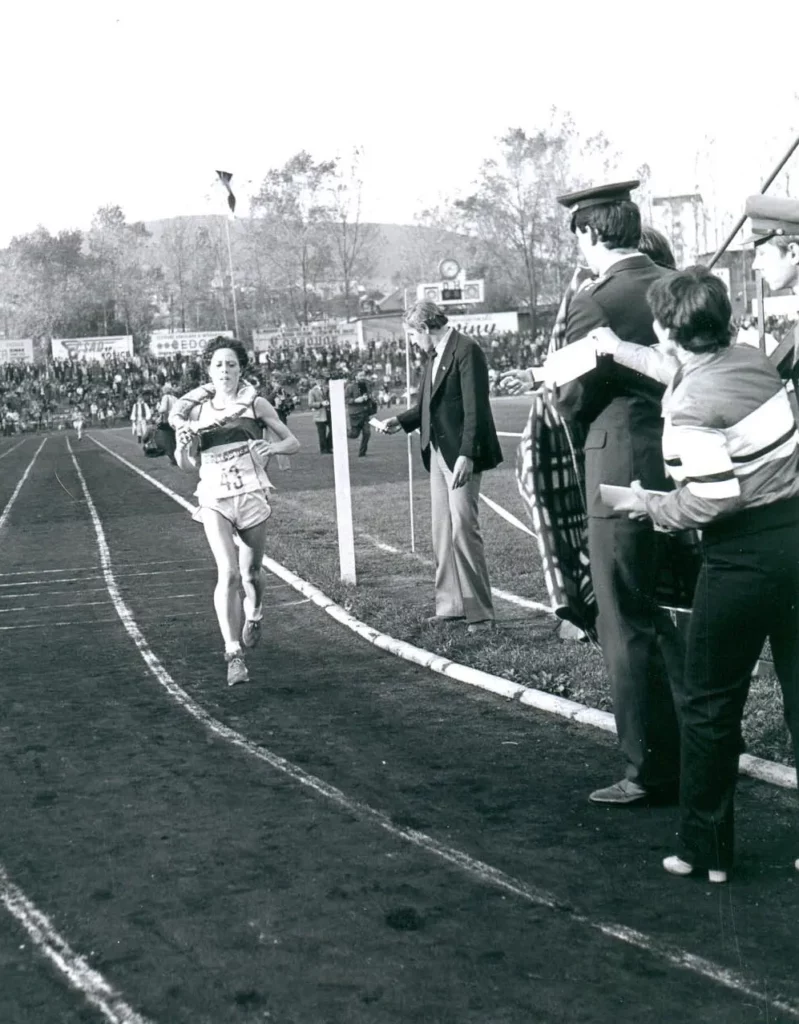
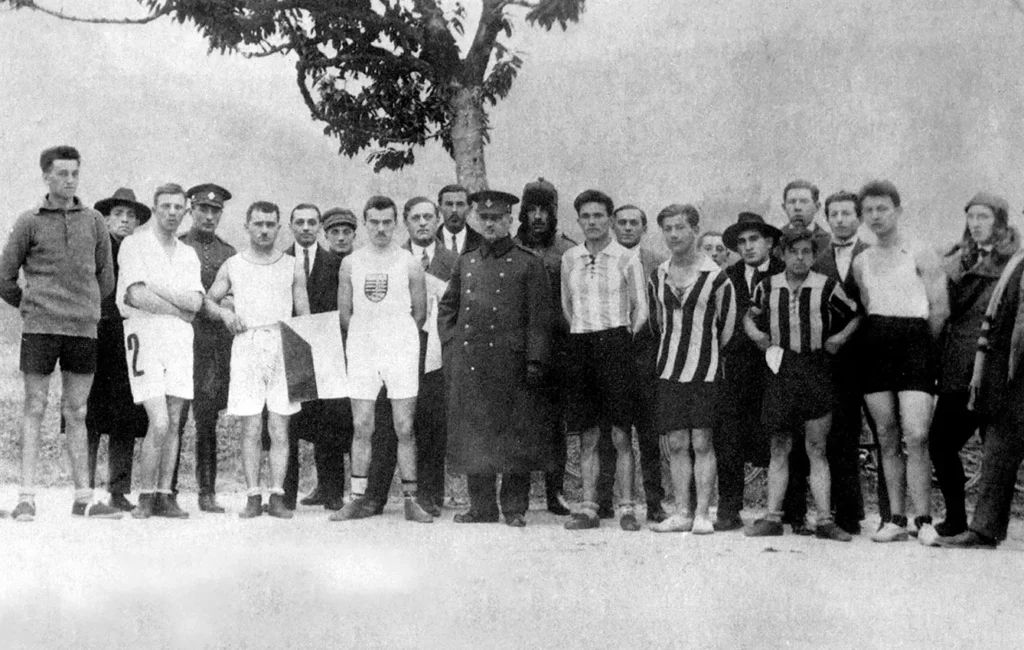
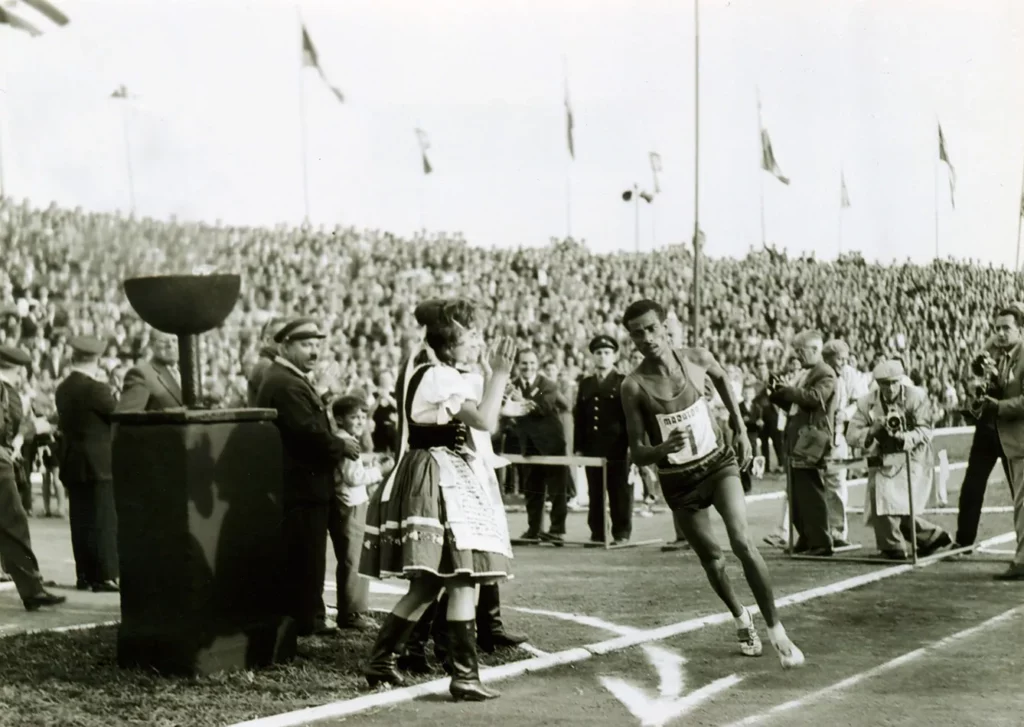
3Seas in the running
The last year that someone from the 3Seas region won was in 2020 when the number of runners was significantly lower due to the pandemic. However, looking further into history, we would have to go back to 2006 to track a winner from the region.
In terms of the record finish times at the Peace Marathon, the men’s world record is around six minutes faster than the fastest record set at the Košice marathon, and the women’s world record is 10 minutes faster than the Košice record. Unlike in world football tournaments, the marathon is unique because it has never been interrupted – neither war nor pandemic have acted as roadblocks. It was even still held in 1943 despite fighting taking place nearby while the city of Košice was under Hungarian rule during WWII.
The flat terrain of the Košice city center is another draw for marathon enthusiasts. For this reason, the route has remained largely unchanged since its inception. The distance is remeasured each year to ensure that the route remains an exact 42.195 km (26.2 miles).
These days, the marathon has expanded to include other categories and distance runs, with the number of runners exceeding over 10 thousand almost every year. In 1997, a 21 km (13.1 mile) half-marathon was introduced, and since then, an ultramarathon of over 117km (72.7 miles) and a mini-marathon of 4 km (2.4 miles) have been added.
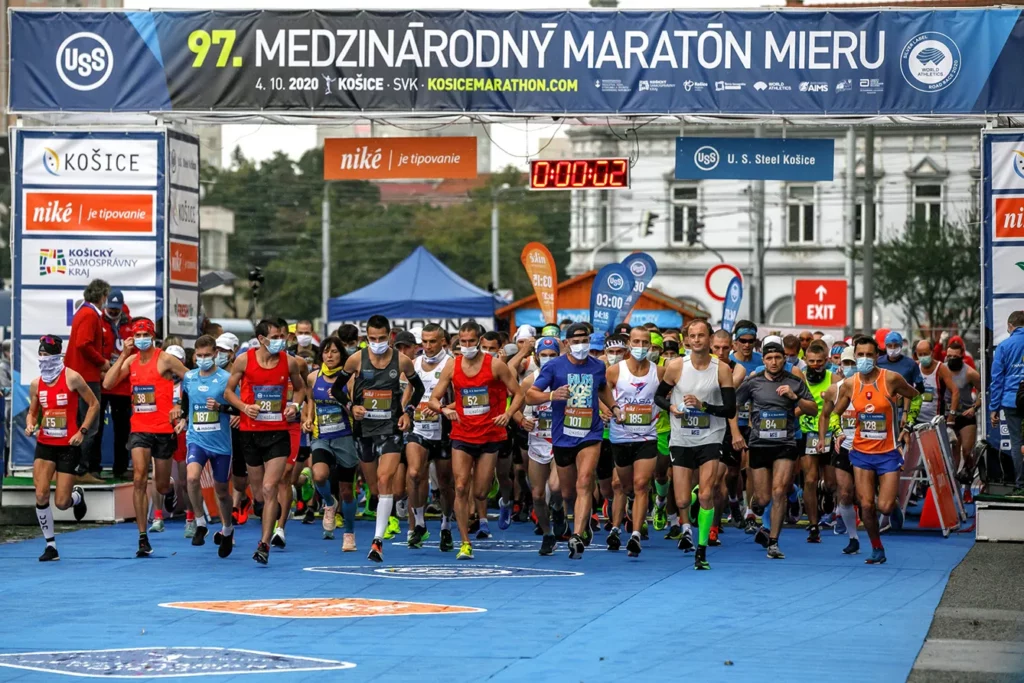
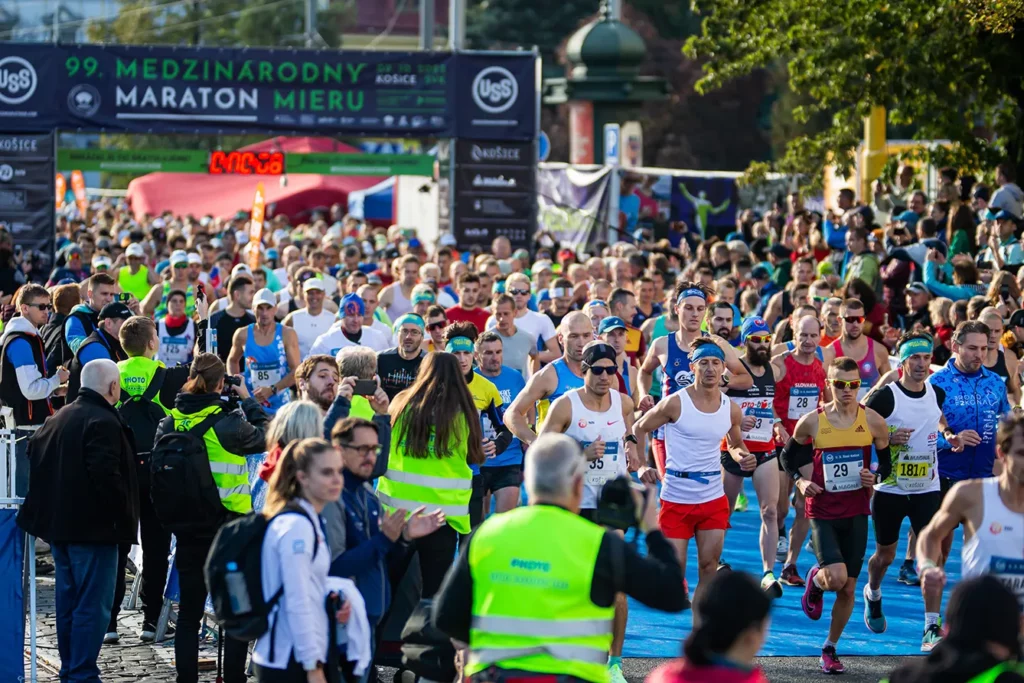
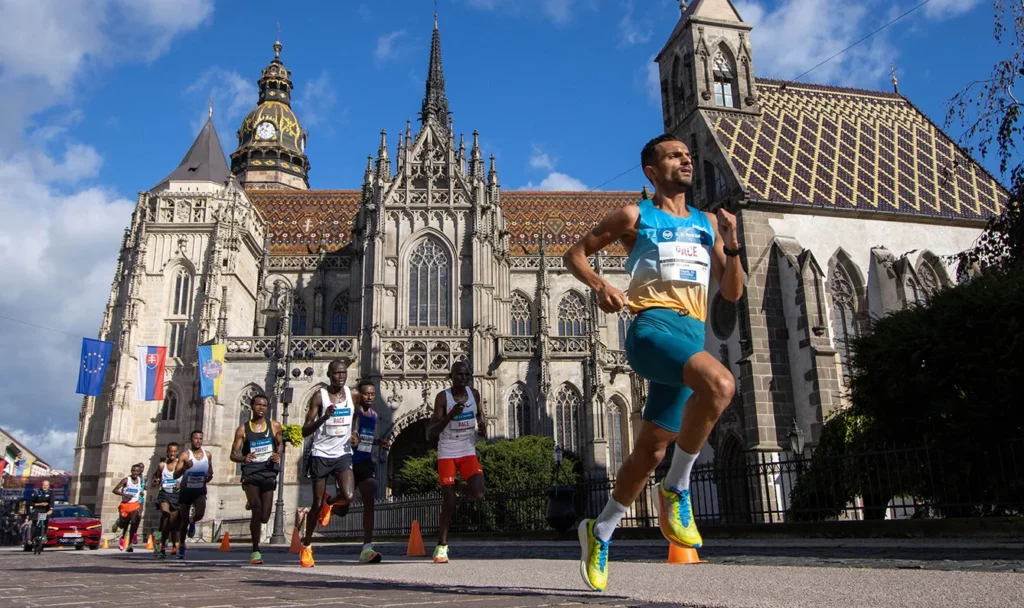
Who is behind it?
The Marathon Club, which is affiliated with the Slovak Athletic Association, organizes the marathon. Many of its members are former runners and enthusiasts who continue to oversee and popularize individual running contests. The marathon was organized by various associations in the past, with someone always stepping in to ensure its continuation.
Next year will be the 100th anniversary of the marathon. It remains to be seen what new world records the marathon will witness in the upcoming century.


